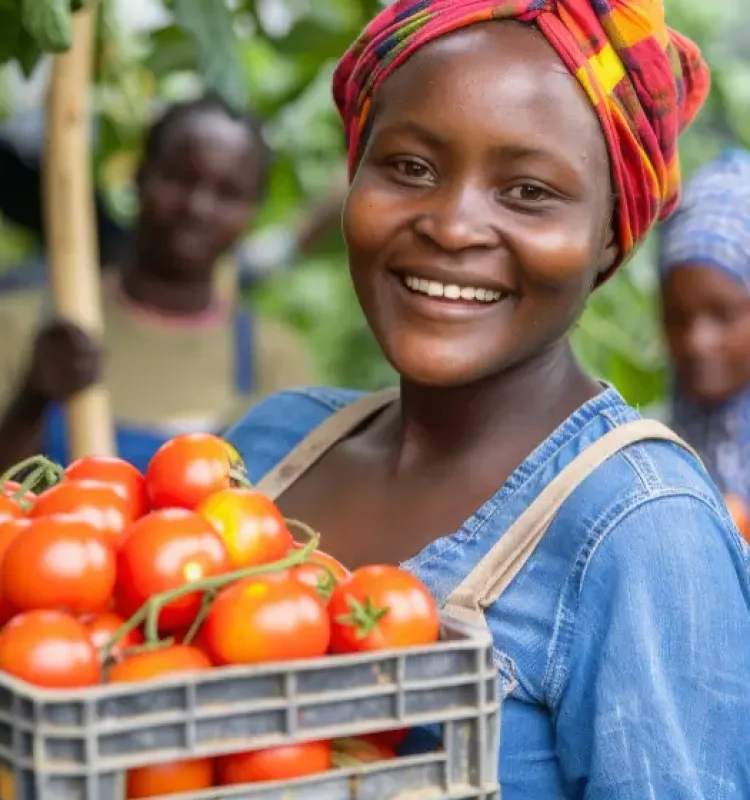Project Brief
Women in Cross Border Trade - Improving the business environment

Implementation Partners
Women ‘associations and cooperatives, technical consultants, Governors of various provinces within the Greater Imbo region, relevant Government Ministries.

Implementation Period
2012 - 2016

Project Participants
Women in cross border trade

Project Value
$500,000


Project Rationale
Women cross border traders in Burundi work individually and not as co-operatives. They lack understanding on the benefits of establishing joint businesses and working together as a team. The temporary closure of some borders has affected the livelihoods of these women traders as they now cross the border via rivers which further raises safety concerns. Transportation of vegetables through the river also leads to spoilage and therefore the traders are unable to fetch high prices.
Their income based on price differences in sales of items net of daily transportation costs is very minimal for day-to-day survival. Women traders do not produce any products or add value to it. They are mere ‘intermediaries’ with lack of a broader vision to earn higher incomes.
In addition, many traders are exposed to beatings, verbal insults, stripping, sexual harassment and even rape. This gender-based violence, although more prevalent in the DRC, is perpetrated on both sides of the border in Burundi, Rwanda and Uganda. Women traders report harassment from government officials, and at times from buyers, which cause delays and income losses and much of it go unreported. Informal cross border traders, particularly women, lack strong institutions that would advocate their rights and demand for inclusion in the expanding trade in the region.
The project will foster the development of a women-centred cross-border trade in view of strengthening the economic resilience and social cohesion in target communities and increase incomes of CBT to the Burundi trade revenues.
Implementation Strategy
1. Creation and strengthening of women trader assoc./cooperatives in target areas: promote the formation and strengthening of women traders’ associations and later cooperatives, as a means to access more information, more services thus better manage their businesses and strengthen their bargaining power.
2. Advocacy on issues affecting women’s trade is conducted through public-private sector dialogue mechanisms PPD on women issues: greater advocacy work and research in the informal cross border trade sector to improve the profile of informal trade and traders, to improve data quality, and ultimately to drive institutional change and mainstreaming efforts for the sector
3. Conducting a women social empowerment campaign: to address the issue of women trader’s rights and the violence, exploitation and harassment of women in trade through continued sensitization of the traders and border officials.

